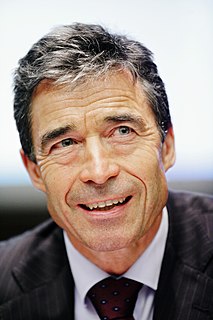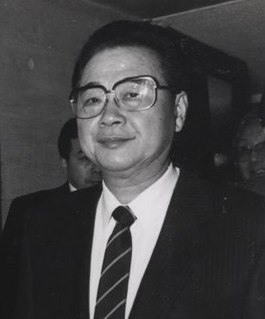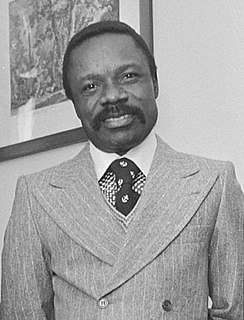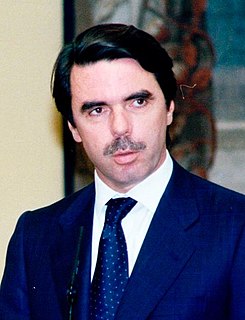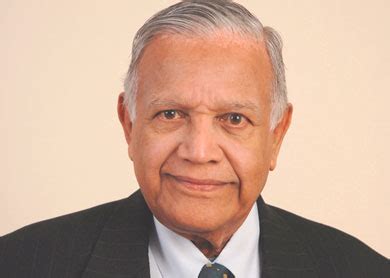A Quote by Vladimir Putin
In the area of international security, taking into account that the United States and Russia are the largest nuclear powers: We are ready to jointly work to strengthen the non-proliferation regime for weapons of mass destruction and their means of delivery. We are ready to work together, and much closer than before, on the problem of fighting terrorism, international terrorism, and here we certainly have vast opportunities.
Quote Topics
Account
Area
Before
Certainly
Closer
Delivery
Destruction
Fighting
Fighting Terrorism
International
International Terrorism
Largest
Mass
Mass Destruction
Means
Much
National Security
Non-Proliferation
Nuclear
Nuclear Power
Opportunities
Powers
Problem
Proliferation
Ready
Regime
Russia
Security
States
Strengthen
Taking
Terrorism
Than
Together
United
United States
Vast
Weapons
Weapons Of Mass Destruction
Work
Work Together
Related Quotes
But elimination will only happen if all countries - nuclear and non-nuclear states - genuinely work towards this result. Nuclear states must abolish their arsenals, as was indicated by the unanimous opinion of the international Court of Justice, the highest international tribunal. The five nuclear states seem to expect others to refrain from obtaining bombs while at the same time maintaining their own caches of deadly weapons.
At a time when the threat of nuclear arms is again increasing, the Norwegian Nobel Committee wishes to underline that this threat must be met through the broadest possible international cooperation. This principle finds its clearest expression today in the work of the IAEA and its Director General. In the nuclear non-proliferation regime, it is the IAEA which ensures that nuclear energy is not misused for military purposes, and the Director General has stood out as an unafraid advocate of new measures to strengthen that regime.
Iraq both poses a continuing threat to the national security of the United States and international peace and security in the Persian Gulf region and remains in material and unacceptable breach of its international obligations by, among other things, continuing to possess and develop a significant chemical and biological weapons capability, actively seeking a nuclear weapons capability, and supporting and harboring terrorist organizations.
For the United States to recommit itself to the obligation that we undertook in the Nuclear Non-Proliferation Treaty that many other states undertook, which was to work towards disarmament and the eventual elimination of nuclear weapons, is something that manifestly serves our national security interests.



